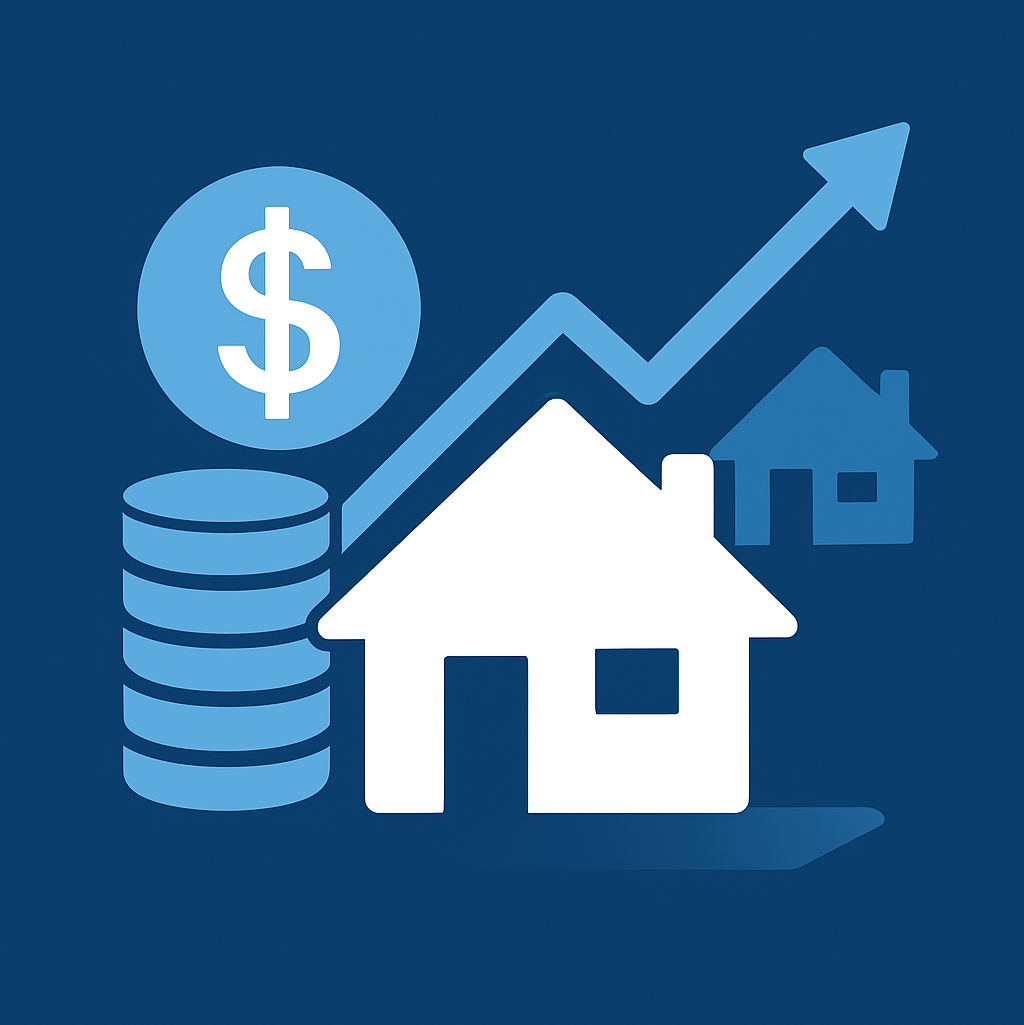In the fast-moving 2026 property market, the difference between a “good” investment and a “wealth-building” one often comes down to timing. While the national market is projected to grow by roughly 7.7% this year, savvy investors aren’t looking at national averages—they’re looking for the micro-signals that a specific suburb is about to outperform.
Here is your 2026 checklist for identifying high-growth suburbs in the current Australian landscape.
1. Days on Market (DOM): The Speed of Sale
In 2026, the national average for property sales has tightened to roughly 29 days. However, in “hot” zones like Perth and parts of Brisbane, we are seeing medians as low as 9 to 15 days.
- The Indicator: Watch for a consistent downward trend in DOM over 3-6 months.
- The 2026 Rule: If a suburb’s DOM is under 20 days, it’s a high-pressure zone. When properties sell before the first open home, a price jump is usually only weeks away.
2. Vacancy Rates: The Scarcity Factor
The rental market is the ultimate leading indicator for capital growth. With capital city vacancies hovering around a record low of 1.1% to 1.3% in early 2026, the competition for housing is fierce.
- The Indicator: Look for suburbs with vacancy rates under 1%.
- The Logic: Ultra-low vacancy leads to urgent rent hikes. As yields rise, investors flock to the area, which then pushes up property prices.
3. The “20-Minute Neighborhood” & EV Infrastructure
The definition of a “prime location” has evolved. In 2026, buyers are prioritizing self-contained lifestyle hubs over traditional CBD proximity.
- The Indicator: Suburbs with high “walkability” scores and “green” infrastructure.
- The 2026 Shift: Look for the arrival of public EV charging hubs and energy-efficient building DAs. According to recent 2026 trends, “EV Ready” homes are now outperforming “NBN Ready” homes in buyer desirability.
4. The “Ripple Effect” (Neighboring Suburb Lag)
Property growth moves like a wave. When a “Blue Chip” suburb (like New Farm in Brisbane or Surry Hills in Sydney) becomes unaffordable, the next suburb over is the immediate beneficiary.
- How to spot it: Identify a suburb that has grown 10%+ in the last year. Look at its direct neighbors.
- The Opportunity: If the neighboring suburb has the same school catchment or train line access but is 15-20% cheaper, the “ripple” is about to hit.
5. Gentrification: The “Turn-Key” Premium
Because construction costs remain high in 2026, the old advice of “buy a renovator’s delight” has changed. Today’s investors are looking for suburbs where household incomes are rising, but the stock is “turn-key” (ready to move in).
- The Indicator: An influx of boutique cafes, “wellness” hubs (Pilates/Yoga studios), and a decreasing median age in Census data.
- The Signal: When young professionals start outbidding developers for renovated cottages, the suburb’s price ceiling is being fundamentally reset.
2026 Investment Benchmarks
| Metric | 2026 National Average | “Growth Hotspot” Signal |
| Days on Market | 29 Days | < 15 Days |
| Vacancy Rate | 1.2% | < 0.8% |
| Vendor Discount | 2.9% | < 1.5% |
| Rental Yield | 3.5% – 4.2% | > 5.0% |
The Bottom Line
Investing in 2026 requires a “micro” focus. While cities like Perth and Brisbane are leading the charge with double-digit growth forecasts, hidden gems exist in Melbourne and Sydney for those who can spot these five indicators before the rest of the market catches on.










 Tools to use: CoreLogic, SQM Research, Domain Suburb Profiles
Tools to use: CoreLogic, SQM Research, Domain Suburb Profiles